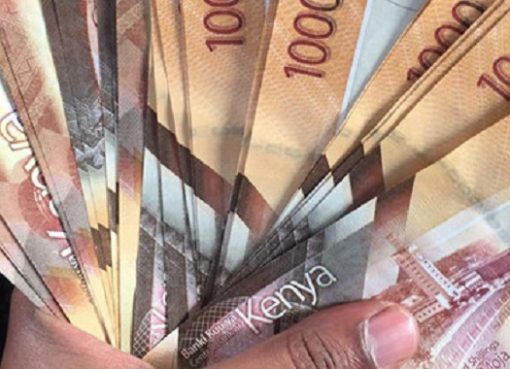Kenya Power has commenced preparations to implement the fourth phase of the Last Mile Connectivity Programme (LMCP) set to put an additional 280,473 Kenyan households in the national electricity grid.
The company has invited bids for turnkey contractors who will undertake the electrification project in 32 targeted counties at a total cost of Sh. 26.8 billion.
“This phase of the LMCP project will entail the installation of 940 new transformers, maximization of 3,735 existing transformers, and construction of associated power lines in the identified counties,” read a statement.
The project is set to commence in November this year. It will be fully funded by the Agence Française de Development (AFD), the European Union (EU), and the European Investment Bank (EIB).
The statement further said that the LMCP is a Government flagship project that was initiated in 2015 with the aim of providing affordable connection in rural and peri-urban areas and accelerating universal electricity access to drive social economic growth in line with the country’s 2030 development agenda. The programme is also aligned with the Sustainable Development Goal (SDG) No. 7 which aims at providing access to clean and affordable energy for all.
“Over one million Kenyan households have so far been connected to electricity under the first three phases of the programme funded by the Government, the African Development Bank (AfDB) and the World Bank. This has contributed to the rapid expansion of the country’s network giving electricity access to over 75 per cent of the population, up from a low of 29 per cent in 2012, ranking Kenya among the world’s top countries in electricity connection growth rate,” read the statement in part.
It further highlighted that the LMCP has had a positive impact on Kenyans as revealed by a recent Project Impact Evaluation done by AfDB showing there has been 83 per cent increase in the use of electricity for lighting.
Additionally, access to electricity, according to the report, has increased the probability of children studying at night by 45 per cent while examination grades for secondary school children have increased by 34 per cent. Similarly, the use of electricity for agricultural activities such as irrigation went up by 17 per cent.
“Data from Kenya Power also indicate that there have been positive gains from the project on the company’s bottom line with sales accrued over four years totaling over Sh.1.1 billion from 53.08GHrs of electricity sold to customers connected under the programme over the period,” read the statement.
The power utility aims to further stimulate energy demand among SME and domestic customer segments through demand-side initiatives to promote the productive use of electricity and electric cooking to support the country’s energy transition agenda of transitioning to 100% clean energy by 2030.
By Joseph Ng’ang’a





